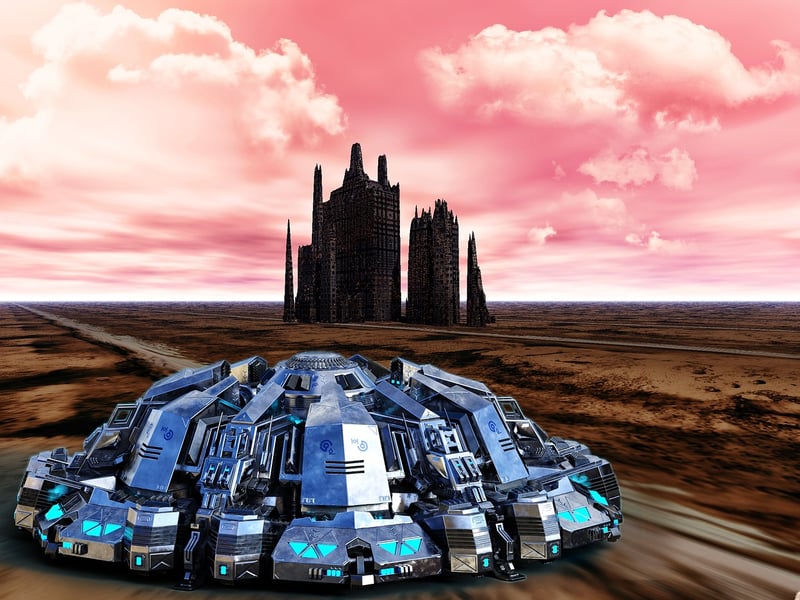Temporal Paradoxes
The Moral Implications of Temporal Paradoxes
Temporal paradoxes, also known as time paradoxes or time travel paradoxes, have long been a fascinating subject in science fiction and theoretical physics. These paradoxes arise when time travel scenarios create situations that defy logic or challenge our understanding of cause and effect. While they make for entertaining storytelling, they also raise intriguing moral questions that prompt us to reflect on the nature of time, free will, and the consequences of our actions.
Types of Temporal Paradoxes
There are several well-known temporal paradoxes that have captured the imagination of writers, scientists, and philosophers alike:
- The Grandfather Paradox: This paradox involves traveling back in time and inadvertently preventing your grandparents from meeting, thus preventing your own birth.
- The Bootstrap Paradox: In this scenario, an object or information is sent back in time and becomes trapped in an infinite cause-effect loop with no clear origin.
- The Butterfly Effect: Popularized by chaos theory, this concept suggests that small changes in the past can have significant and unpredictable effects on the future.
Moral Dilemmas
Temporal paradoxes often present us with moral dilemmas that challenge our ethical beliefs and values. For example, if time travel were possible, would it be ethical to change the past to prevent future tragedies? Should we alter historical events to create a better present, even if it means erasing certain aspects of our past?
Furthermore, the concept of free will comes into question in the face of temporal paradoxes. If our actions in the past can alter the course of history, do we truly have agency over our decisions, or are we simply playing out a predetermined script?
Exploring the Unknown
While the scientific community has yet to discover a feasible way to traverse time, the study of temporal paradoxes continues to push the boundaries of our understanding of the universe. As we delve deeper into the mysteries of time travel, we are forced to confront profound questions about morality, causality, and the very fabric of reality itself.
Whether time travel will ever become a reality remains to be seen, but the exploration of temporal paradoxes serves as a thought-provoking exercise that challenges our assumptions about the nature of existence and our place within it.

As we ponder the moral implications of temporal paradoxes, it becomes clear that the intersection of science and philosophy offers a rich tapestry of ideas to contemplate and discuss. While we may never fully unravel the mysteries of time, the journey of exploration and discovery is itself a valuable pursuit that broadens our perspectives and deepens our appreciation for the complexities of the universe.
